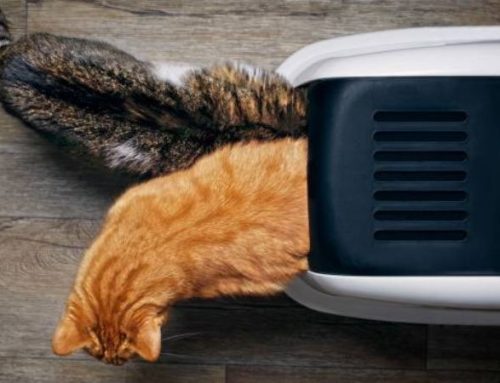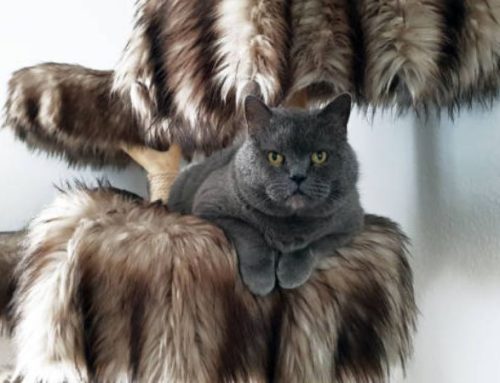Those icy blue eyes, that wolf-like grace, and that boundless energy can make anyone fall head over heels for a Siberian Husky but before you dive in, it’s worth hitting pause.
Owning a Husky isn’t just about cuddles and Instagram-worthy photos; it’s a lifestyle commitment that tests patience, energy, and planning. Let’s unpack the unvarnished truth about these stunning dogs with 10 reasons you might think twice before bringing one home.
1. High Energy Levels
Siberian Huskies are incredibly energetic dogs that were originally bred for long-distance sledding in harsh, cold environments. This means they have a tremendous need for daily physical activity a simple walk around the block is rarely enough. Huskies thrive on running, hiking, and interactive play, and without sufficient exercise, they often develop destructive behaviors, including chewing furniture, digging holes, or finding ways to escape their homes.
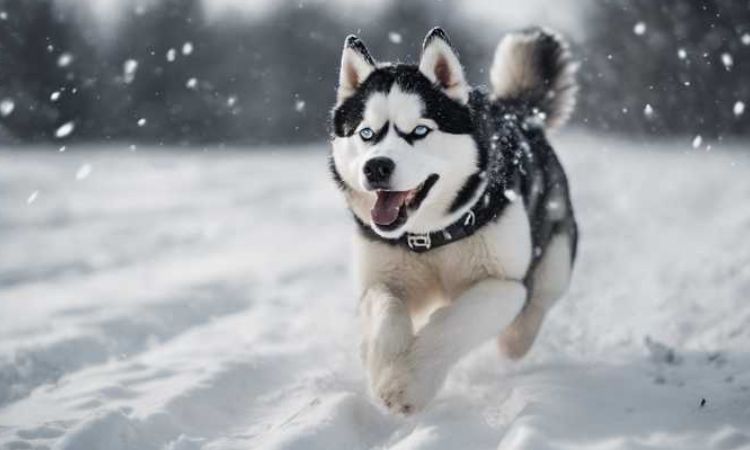
Their energy isn’t limited to physical activity; Huskies are also mentally active, needing puzzles, training sessions, and games that challenge their intelligence. Owners who underestimate the time, commitment, and stamina required to keep a Husky occupied may find themselves frustrated with a dog that is restless, anxious, or prone to mischief.
2. Strong Prey Drive
Huskies have an instinctual prey drive that runs deep due to their heritage as working sled dogs descended from northern wolves. They are naturally inclined to chase small animals such as cats, rabbits, squirrels, and even smaller dogs. This behavior can make multi-pet households challenging, as Huskies may see other pets as targets to pursue, regardless of training.
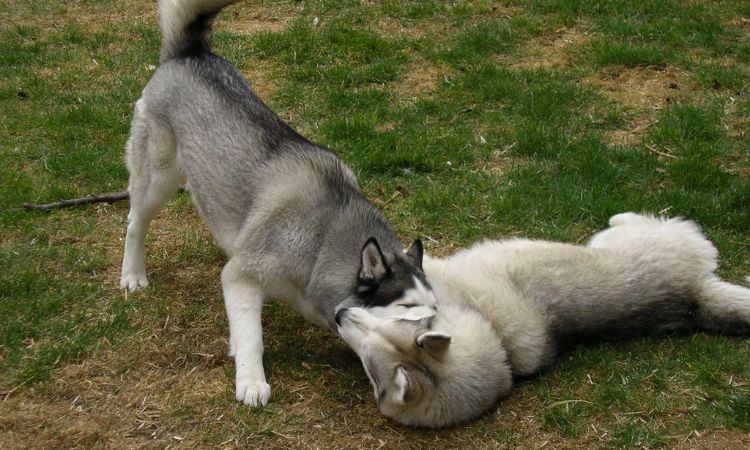
Managing their prey drive requires constant supervision, careful introductions, and secure containment. It’s also important to note that their prey instincts can trigger sudden bursts of energy and unpredictable behavior, meaning a Husky may bolt after a moving animal without warning. For owners who want a calm, easily managed pet in a home with smaller animals, a Husky may not be the ideal choice.
3. Escape Artist Tendencies
Siberian Huskies are famous for being masters of escape. They are clever, resourceful, and highly motivated to explore, which makes them excellent at finding weaknesses in fences or gates. They can jump high, dig under barriers, or slip through surprisingly small openings, turning what seems like a secure yard into a risky playground.
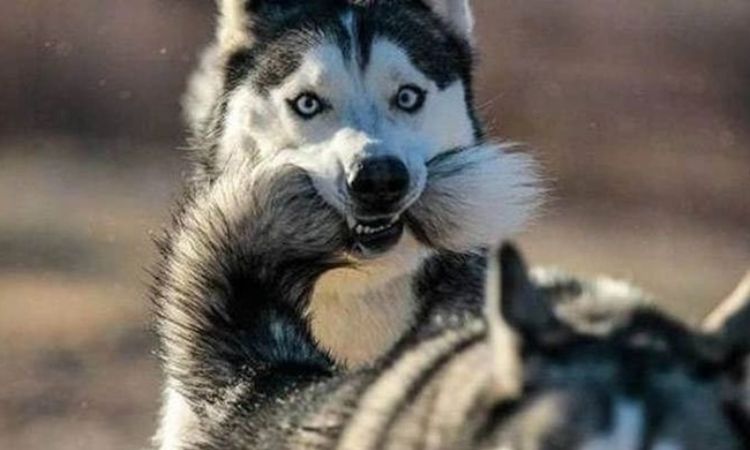
This trait requires owners to invest in very strong, tall fencing, secure locks, and sometimes even double barriers to prevent their Husky from running off. Leaving a Husky unsupervised outdoors is almost always a gamble, as these dogs are capable of traveling far distances if the opportunity arises. Escapes aren’t just frustrating—they can be dangerous, exposing the dog to traffic, wildlife, or other hazards.
You may be interested: Alaskan Klee Kai vs. Husky: A Complete size comparison guide
4. Heavy Shedding
Siberian Huskies have a dense double coat, designed to protect them from Arctic cold, but this also means they shed continuously throughout the year. Twice a year, during seasonal “blowing,” they can lose massive amounts of hair, often covering floors, furniture, and clothing within days.
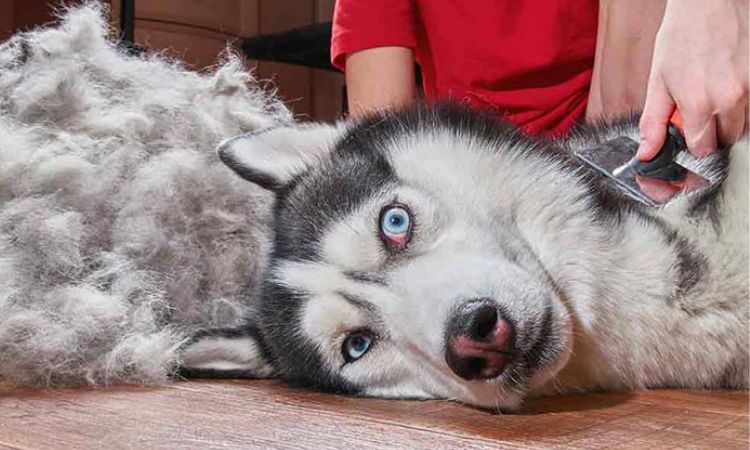
Regular grooming, including daily brushing and vacuuming, becomes essential to maintain a livable home environment. This shedding isn’t just a cosmetic inconvenience; it can trigger allergies in sensitive individuals and requires a significant time commitment. Potential Husky owners must be prepared for the reality that their home will frequently be covered in fur, regardless of cleaning efforts.
5. Independent and Stubborn Nature
While Huskies are highly intelligent, they are also inherently independent and strong-willed. Unlike breeds that are eager to please, Huskies often make their own decisions about whether to obey commands, leading to frustration for owners who expect instant compliance. Training requires patience, consistency, and creativity, often relying on positive reinforcement rather than force or intimidation.
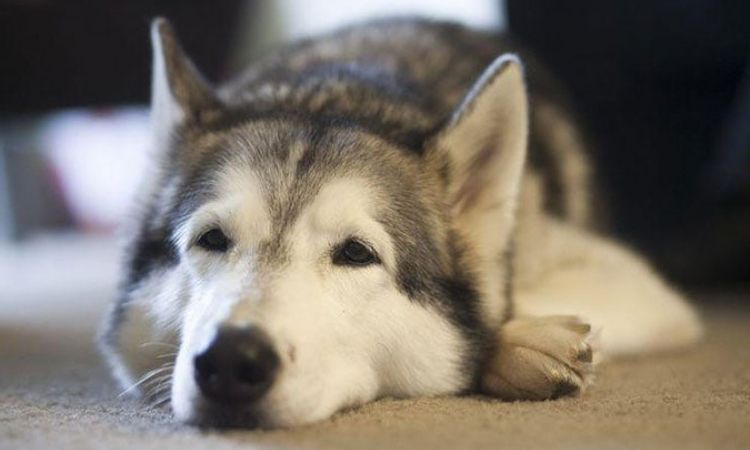
Huskies can be selective about when they respond to commands, sometimes ignoring instructions entirely if they feel like it. This independent streak, combined with their intelligence, means they can be difficult to train, escape from enclosures, and even manipulate situations to suit themselves. Owners must be prepared for a long-term commitment to structured training and daily mental engagement, or risk developing behavioral issues.
6. Social Needs
Siberian Huskies are highly social animals that thrive on companionship, both from their human family and from other dogs. They are not suited for owners who spend long hours away from home, as extended periods of isolation can lead to severe separation anxiety.
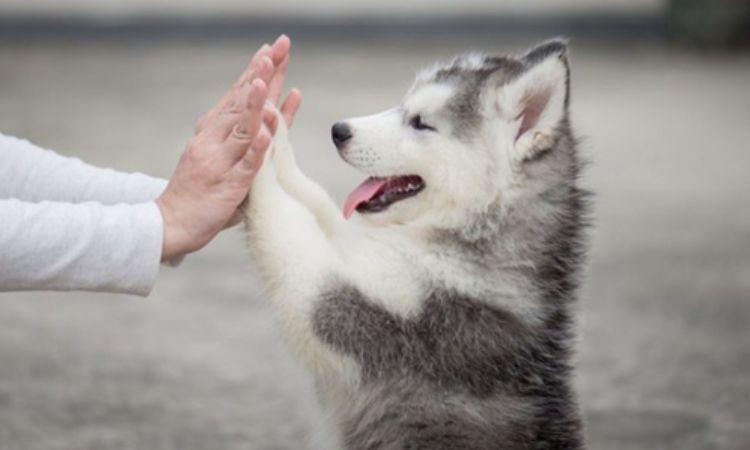
This can manifest as destructive behavior, excessive vocalization, or obsessive pacing. Huskies are happiest when they have a consistent presence of people or other pets to interact with, and failing to meet this social requirement can result in a dog that is frustrated, lonely, or emotionally distressed. Potential owners must realistically evaluate their lifestyle and ensure they can dedicate enough time and attention to prevent behavioral problems related to boredom or loneliness.
7. Vocalization
Huskies are notorious for their vocal tendencies, which go far beyond simple barking. They howl, “talk,” and make a wide range of noises to communicate, express excitement, or respond to environmental stimuli. While some owners enjoy this expressive behavior, it can be extremely disruptive in apartments or closely packed neighborhoods, potentially causing conflicts with neighbors or requiring additional soundproofing measures.
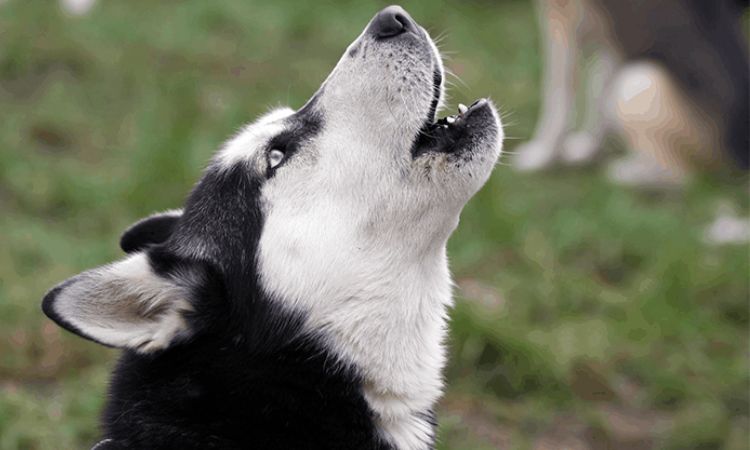
Even with training, Huskies rarely become quiet dogs, and prospective owners should be prepared for a lively, often noisy household. Their vocalization is part of their natural heritage as sled dogs, originally used to communicate across long distances, and it cannot easily be suppressed without negatively impacting their well-being.
8. Not a Guard Dog
Although Siberian Huskies are striking in appearance and can seem intimidating at first glance, they are inherently friendly, outgoing, and trusting of strangers. They lack the protective instincts seen in breeds like German Shepherds or Rottweilers, making them poor choices for personal or property security.
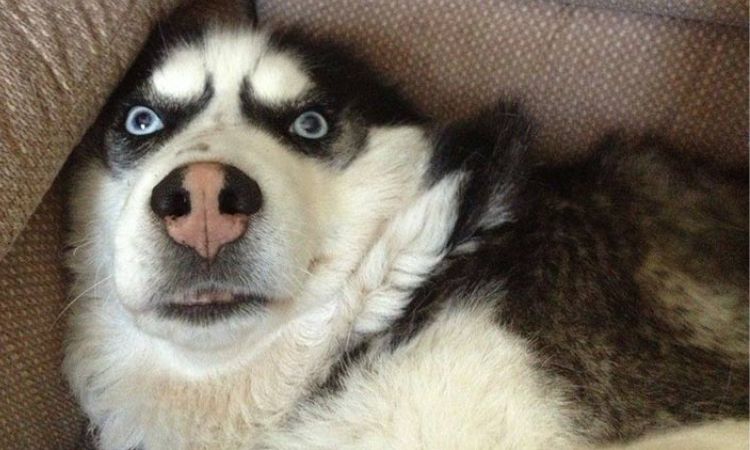
A Husky will generally greet intruders with curiosity or playfulness rather than caution, and they are unlikely to deter an unwelcome presence. Owners seeking a dog that provides a sense of safety or acts as a vigilant guardian should consider other breeds with stronger guarding tendencies, as relying on a Husky for protection can give a false sense of security.
9. Health and Veterinary Costs
Siberian Huskies, like all purebred dogs, are prone to genetic health issues. Common concerns include hip dysplasia, eye disorders such as cataracts and progressive retinal atrophy, and occasional autoimmune problems. Maintaining a healthy Husky requires regular veterinary check-ups, preventive care, vaccinations, and potentially costly medical interventions.

Even with excellent care, owners should anticipate significant ongoing expenses to keep their dog in optimal health. Prospective buyers must be financially prepared to handle routine costs as well as unexpected medical situations, as neglecting these responsibilities can severely impact the dog’s quality of life.
10. Long-Term Commitment
Siberian Huskies have an average lifespan of 12 to 15 years, which means adopting one is a long-term commitment that encompasses training, socialization, and daily care for over a decade. They are not temporary companions; owning a Husky requires sustained effort in exercise, mental stimulation, grooming, and behavioral management.
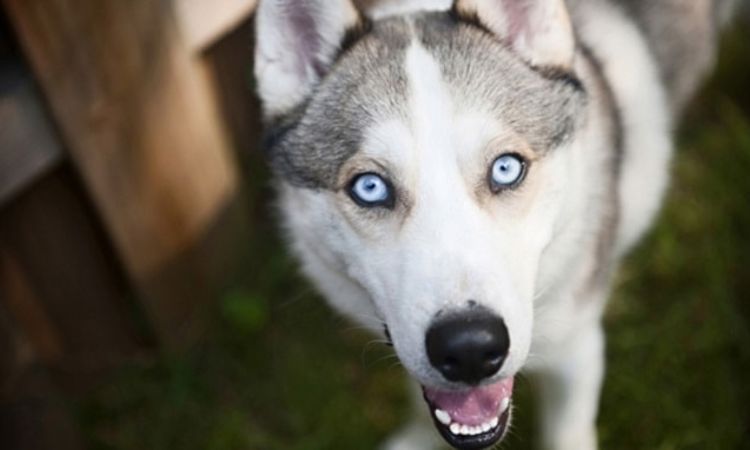
Life changes such as relocation, new family members, or work schedule adjustments can create challenges if the dog’s needs are not consistently met. Before bringing a Husky into the home, potential owners must be confident in their ability to commit to the breed’s demanding physical, emotional, and social requirements for its entire lifetime.


